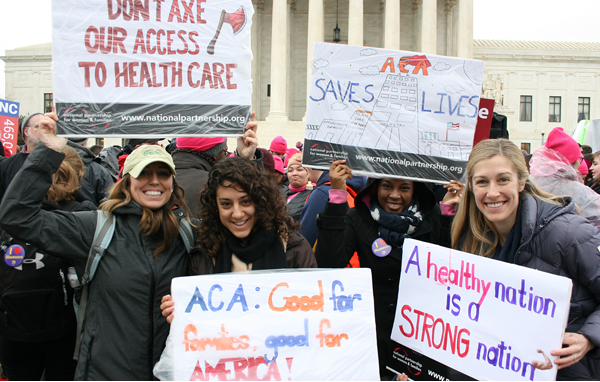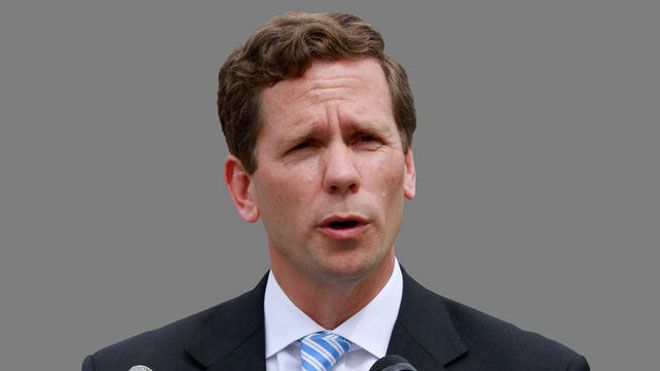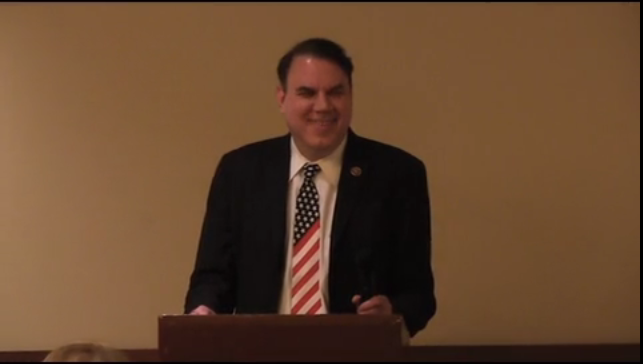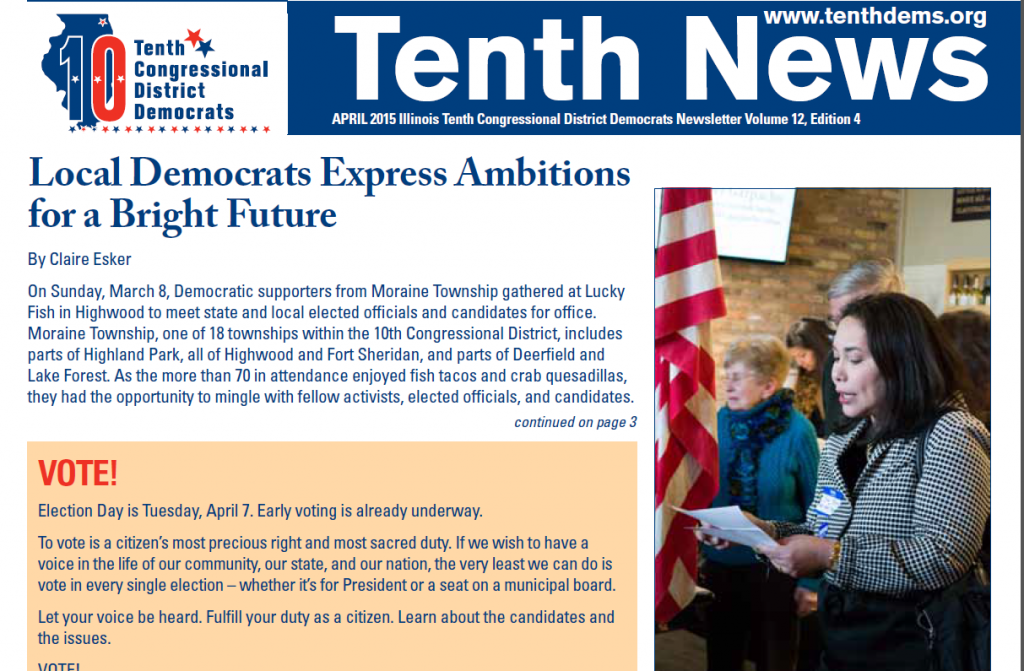By Mark Rosenberg, M.D.
Not content with serial votes to repeal the Affordable Care Act (ACA, aka Obamacare)—we count 67 votes to date—Republicans also have launched court cases intended to invalidate all or part of this landmark legislation. King v. Burwell, the latest of these legal assaults on Obamacare, is scheduled for oral argument in the U.S. Supreme Court on March 4.
One of the ACA’s primary tools for making healthcare affordable is to share the burden of premiums, and even deductibles and coinsurance, with income-qualified consumers. These advance premium tax credits are available to households earning up to four times the federally-defined poverty level, which comes to about $92,000 a year for a family of four.
The plaintiffs in King challenge the legality of the ACA’s premium tax credits and cost-sharing subsidies being made available to all income-qualified consumers who purchase health insurance through the Marketplace. They contend that the language in the statute makes these federal subsidies legally available only when a consumer literally purchases health insurance through a state-run exchange. They argue that, conversely, subsidies are unavailable to anyone living in a state that has opted to use the federal exchange rather than create its own.
According to rules of statutory interpretation, a law’s language should be read in the context of the legislation as a whole. The purpose of the ACA is to provide affordable health insurance to as many as possible, and the availability of subsidies furthers this goal. Reading the statute as extending subsidies to all income-qualified consumers, without regard to whether the exchange they go through happens to be operated by their state, is thus rational. Federal courts generally uphold the Executive Branch’s interpretation of a statute, as long as that reading is rational.
For this reason, every one of the United States Circuit Courts of Appeals that has considered lawsuits challenging the availability of federal subsidies for insurance purchased on exchanges not established by a state has ruled against the plaintiffs. Yet the Supreme Court has agreed to hear King v. Burwell. Based on voting in previous cases heard by the Supreme Court, including the 2012 decision upholding the constitutionality of the ACA, many assume that four justices will agree with the plaintiffs in King, leaving the decision primarily in the hands of Chief Justice Roberts. The question then becomes whether Roberts would concur in a legal analysis, rejected nearly unanimously by the lower federal courts, that deprives millions of people of affordable healthcare.
A Supreme Court decision invalidating federal subsidies for health insurance purchased on federally-run exchanges would deprive more than eight million people in some 34 states of the financial help they need in order to afford health insurance, unless their states create their own insurance exchanges. Ironically, some 80 percent of those eight million individuals who stand to lose health insurance are white working poor who live in the South, a region that votes reliably Republican in most elections. The ruling would not affect those earning less than 138 percent of the federally-defined poverty level as these people qualify for Medicaid, as long as they live in one of the 28 states or the District of Columbia that have accepted the federally-funded Medicaid expansion available under the ACA. (The Supreme Court’s 2012 decision held that the federal government could not mandate states’ participation in expanded Medicaid). A decision for the King v. Burwell plaintiffs also would have the consequence of increasing premiums for health insurance since the pool of insured individuals would be vastly decreased, thus increasing insurers’ risk per insured.
There is no question that a Supreme Court decision that would seriously undermine Obamacare and deprive millions of health insurance would be viewed widely as a partisan political act and not a legal pronouncement based on the merits of the case. But the Court may have an “out.” Recent reporting in The Wall Street Journal has questioned whether the King plaintiffs have the legal standing required to pursue the case. According to the Journal, it is possible that none of the named plaintiffs is subject to the ACA’s individual mandate that requires individuals to purchase health insurance. Two of the plaintiffs may be entitled to veterans’ healthcare; one, who may be homeless, may earn so little as to be exempt; and the fourth will become eligible for Medicare in June. This could give the Supreme Court a procedural basis for rejecting the lawsuit.





